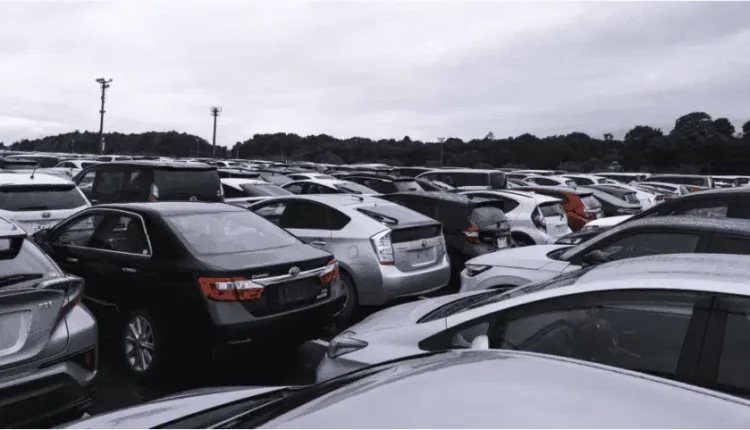Govt Plans to Tighten Used Car Import Schemes Linked to Hundi, Hawala
ISLAMABAD: The government is preparing to impose stricter restrictions on the import of used vehicles under schemes available to Overseas Pakistanis, in a bid to curb misuse and crack down on illegal hundi and hawala transactions linked to car imports.
The issue was discussed at an inter-ministerial meeting chaired by Commerce Minister Jam Kamal Khan, attended by senior officials and representatives from the Pakistan Automotive Manufacturers Association (PAMA) and the Pakistan Association of Automotive Parts & Accessories Manufacturers (PAAPAM).
Curbing Misuse of Import Schemes
The meeting reviewed the Personal Baggage, Transfer of Residence, and Gift Schemes outlined in the Import Policy Order 2022, which allow Overseas Pakistanis to import vehicles up to three years old.
Under the proposed changes, imported cars must be registered in the expatriate’s name for at least six months before departure from their country of residence — a move aimed at preventing the use of fake identities and commercial exploitation.
Officials also agreed to introduce pre- and post-shipment inspections to ensure transparency and compliance with quality standards. A 40% regulatory duty on commercial imports of used cars will remain in place for now, but will be gradually reduced to balance protection for local manufacturers with fair market competition.
Commerce Minister Jam Kamal Khan said the initiative would “promote compliance and support Pakistan’s industrial growth,” adding that strict monitoring will be enforced to deter fraudulent imports.
Industry Concerns
PAAPAM representatives warned that the unchecked inflow of used cars was undermining local parts manufacturing and discouraging investment. They urged the government to adopt a balanced Auto Policy that supports both assemblers and local vendors.
“Past policies have favored new entrants and assemblers at the cost of existing local manufacturers,” one industry official noted, emphasizing that import discipline is critical for sustaining Pakistan’s automotive ecosystem.
How Misuse Occurs
Traders have long exploited these schemes by purchasing passports of Overseas Pakistanis for around Rs. 200,000, using them to import vehicles under personal-use exemptions, as reported by Business Recorder.
These cars are often brought in through informal payment networks like hundi and hawala and sold domestically, bypassing the formal economy. Sources added that since early 2025, importers have been disguising accidented or low-grade vehicles as personal baggage or gift imports due to the absence of a formal Used Car Import Policy.
Sources told Pakwheels that an emergency meeting earlier this week reportedly led to renewed coordination among ministries, with the government sharing a comprehensive report on used-car imports. Under the National Tariff Policy (NTP), officials are now exploring options to relax certain tariffs and duties to help local automakers compete more effectively. But the recent imposition of a 40% additional tax on commercial imports casts doubt on the situation.
Sources also noted that the Engineering Development Board (EDB) is now set to oversee the pre-inspection of imported cars. Still, it currently lacks the manpower and resources to manage large-scale enforcement.
Background Context
The government’s latest move follows recent deliberations at the ECC and an inter-ministerial meeting, where officials agreed to restrict the import of 3-year-old used vehicles under the baggage, gift, and transfer of residence schemes.
The new rules will require that imported vehicles be registered in the expatriate’s name for at least 6 months before import, to prevent misuse and illegal hundi/hawala payments.
The Ministry of Industries had warned that traders were exploiting these schemes by purchasing passports of overseas Pakistanis to bring cars into the country for resale, hurting local automakers. Trade bodies such as PAAPAM also cautioned that rising used car imports reduce demand for locally manufactured parts and urged balanced measures in the upcoming Auto Policy.
Next Steps
The Commerce Ministry is revising its recommendations in consultation with stakeholders and will soon submit a final proposal to the Economic Coordination Committee (ECC) for approval.
If implemented, the new policy will significantly limit the import of used cars under personal schemes and introduce tighter oversight of payment channels, marking one of the most decisive actions yet to curb misuse in Pakistan’s automotive trade.



Comments are closed.